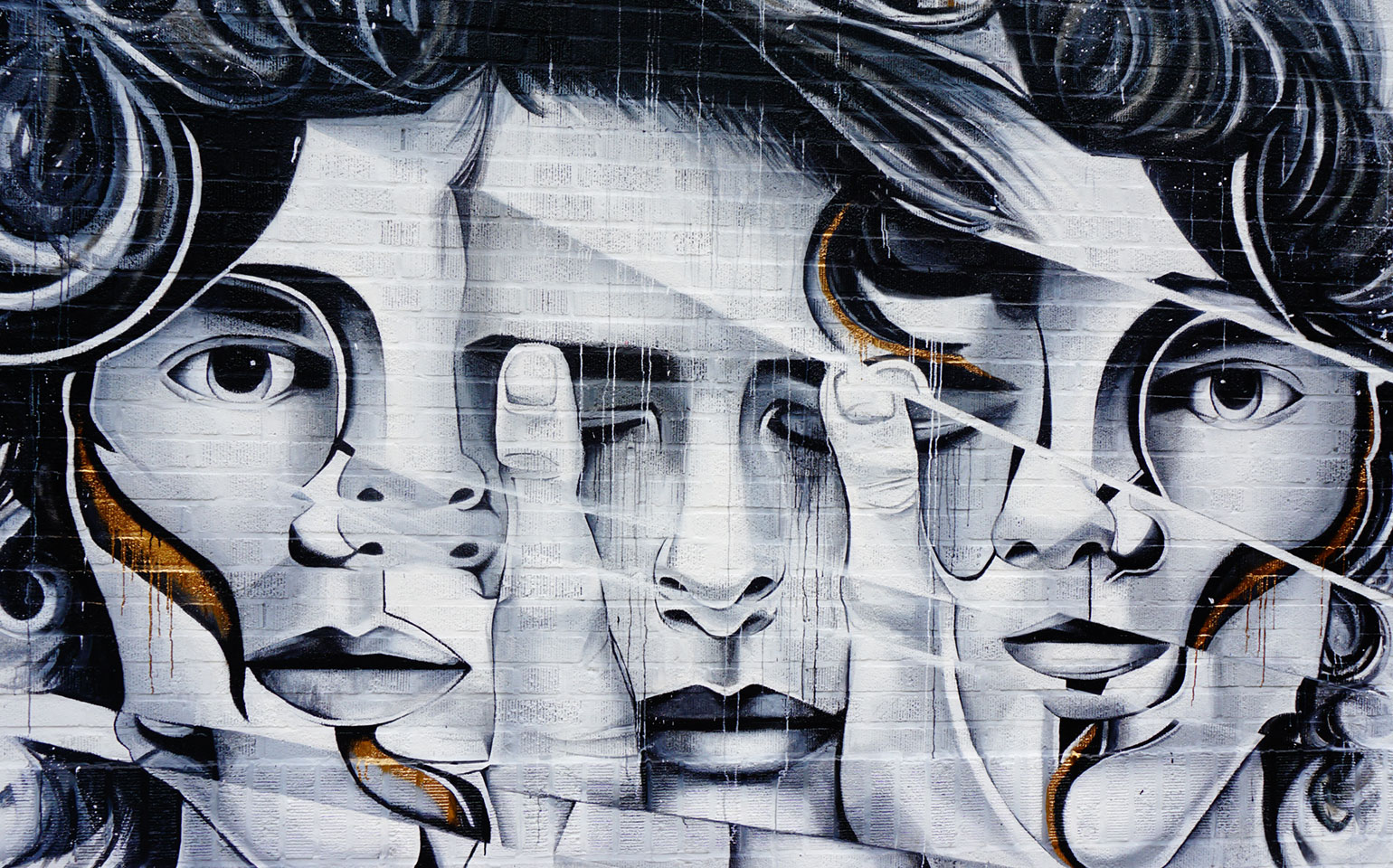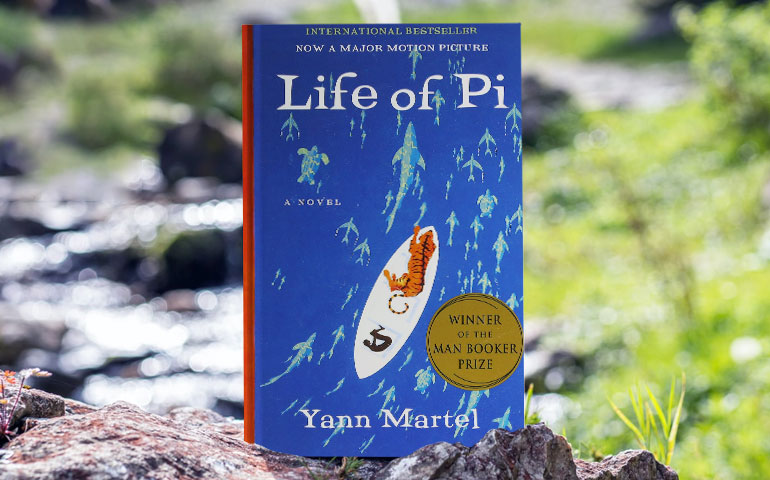
The Social Benefits of Blockchain Technology
We have all likely heard of Bitcoin, however, not many of us are aware of the underlying technology that powers it and other digital currencies: blockchain. After participating in a blockchain hackathon, I learned that this new and emerging technology can help alleviate social issues such as employment and wage inequality, human rights violations, child labour, poverty, and many other pressing concerns around us.
Blockchain is a decentralized and secured digital ledger. In its simplest form, blockchain is a collection of digital transactions that runs on a connected, peer-to-peer (p2p) network without the presence of a single, centralized server used to connect the users.
This is different from our current internet which relies on central servers to access and process information. This decentralized characteristic of blockchain technology makes the system hack-proof and resistant to cyber-attacks. As such, governments and companies have started to evaluate the potential benefits of using this technology in a wide variety of situations for various purposes, including the protection of important information from cyber attacks.
Many social issues pertaining to the United Nations Sustainable Development Goals (UNSDG) can benefit from the use of blockchain technology due to its properties: transparent, decentralized (which means that it cannot be corrupted), secure, and easily accessible.
So, what social issues have been remedied with blockchain technology? A groundbreaking application of this innovative technology is to securely store entries at the Syrian refugee camp in Jordan. According to the MIT Technology Review published in April 2018, the World Food Programme—the food-assistance branch of the United Nations—dispensed international food aid to the Syrian refugees using a blockchain-based system. They used a decentralized digital ledger to store the full transaction history of grocery purchases while recording individuals’ identification through iris scanners. This keeps track of the amount of food aid dispensed, thereby allowing resources to be evenly and fairly apportioned among the refugees.
Since the introduction of blockchain technology in this project, transaction costs have been lowered by over 98% due to the elimination of fees charged by intermediaries such as banks. The blockchain system creates a simple, secure, cost-efficient, and transparent accounting system with many future applications, beyond the refugee camp.
Another significant use of blockchain is its application in the preservation of equality by tracking legitimate land transactions and ownership, thereby avoiding fraud. A project has been conducted in collaboration with the United Nations in Haryana, India to improve integrity in their land registry system. Existing sale processes, before the decentralization, required numerous steps and was unable to prevent individuals from claiming land that they did not own through forged paperwork. The decentralized, blockchain-based system is able to verify the owner’s identity and other data, maximize authenticity, and attack resistance. The end result is a tamper-proof, secure, and accurate record-keeping system for all land transactions, bolstering integrity in the land registry system and protections against fraudulent transactions.
As part of the new generation, it is important for us to study how technology will shape our modern society in a meaningful way. I highly recommend that students of all ages embark on learning more about this new technology and see how to use technologies to initiate meaningful and positive changes in the world.



